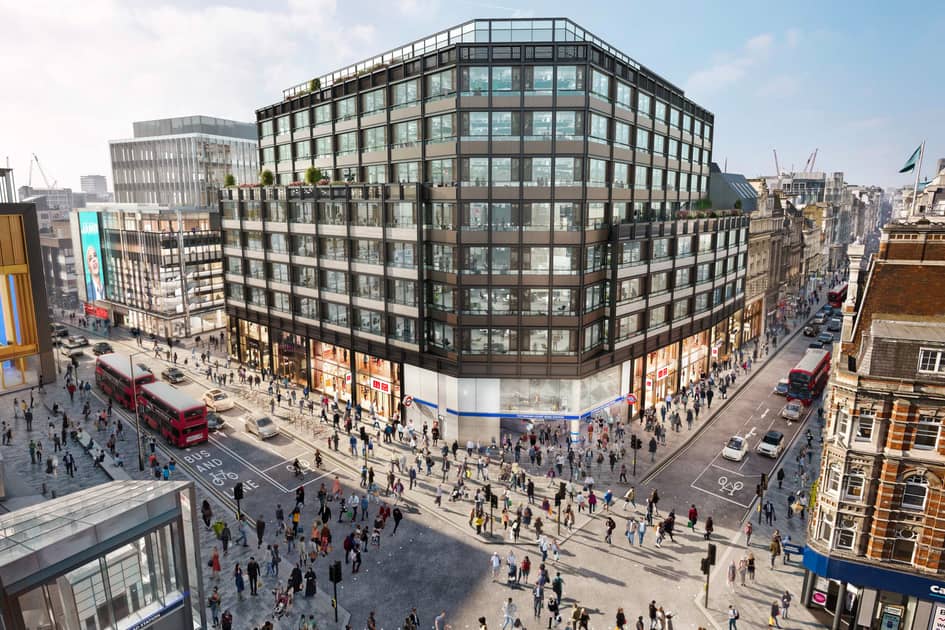In a significant shift for the UK retail sector, shop prices have entered deflation for the first time in almost three years, according to the latest data from the British Retail Consortium (BRC). The Shop Price Index for August 2024 showed a 0.3 percent decline, reversing the 0.2 percent inflation recorded n July.
This unexpected turn towards deflation was primarily driven by the non-food sector, which includes fashion, which saw prices fall by 1.5 percent compared to the previous year. Retailers have been compelled to offer substantial discounts on summer stock, particularly in fashion and household goods, following a challenging trading period marked by poor weather and ongoing cost-of-living pressures.
Helen Dickinson OBE, Chief Executive of the BRC, commented on the findings: “Shop prices fell into deflation for the first time in nearly three years. This was driven by non-food deflation, with retailers discounting heavily to shift their summer stock, particularly for fashion and household goods. This discounting followed a difficult summer of trading caused by poor weather and the continued cost of living crunch impacting many families.”
However, Dickinson cautioned about potential future challenges: “The outlook for commodity prices remains uncertain due to the impact of climate change on harvests domestically and globally, as well as rising geopolitical tensions. As a result, we could see renewed inflationary pressures over the next year.”
Mike Watkins, Head of Retailer and Business Insight at NielsenIQ, added context to the current retail strategy: “Shop price inflation has fallen again in August as many non-food retailers have kept promotional support due to the unpredictable weather and food retailers have introduced more price cuts to help drive incremental sales during the ‘summer of sport’.”
This shift towards deflation marks a potentially significant moment for UK consumers, who have faced sustained inflationary pressures in recent years. However, the retail sector’s ability to maintain this trend in the face of ongoing economic uncertainties remains to be seen.

